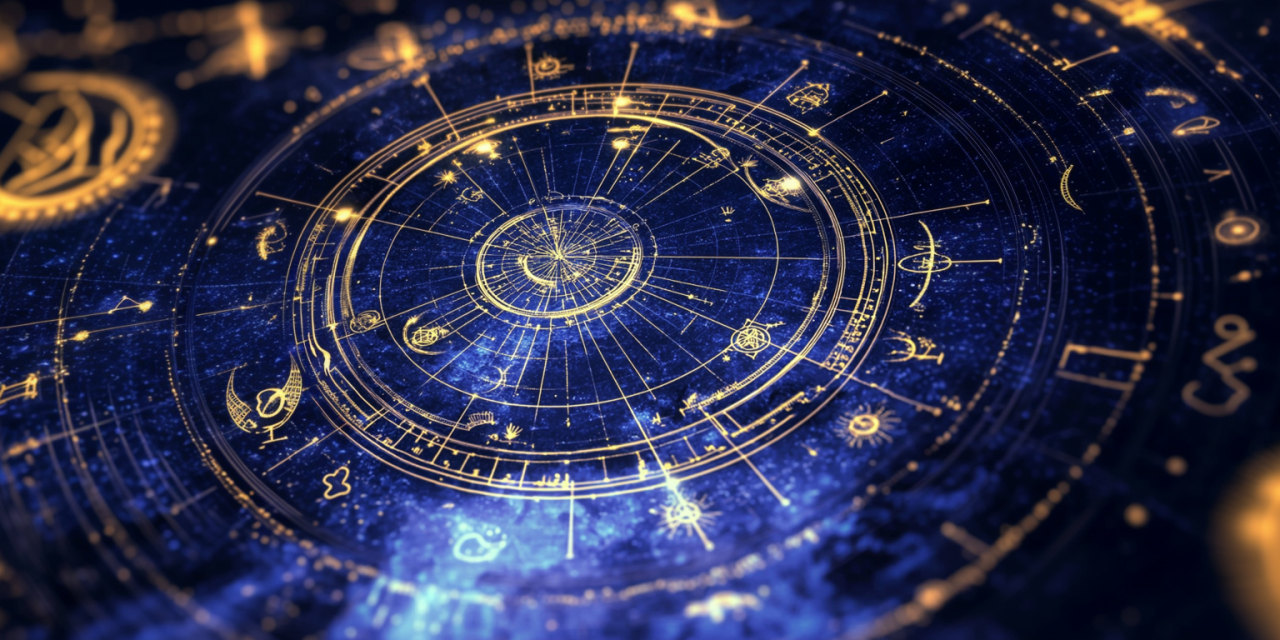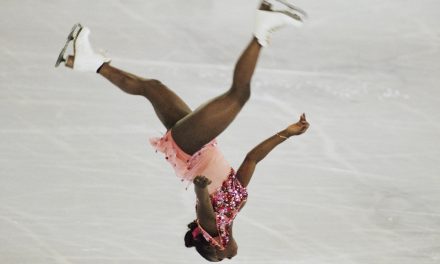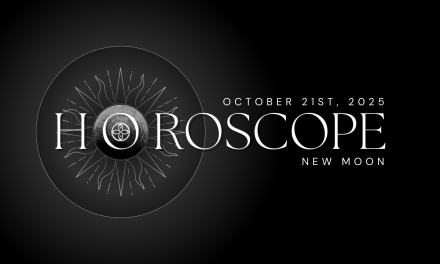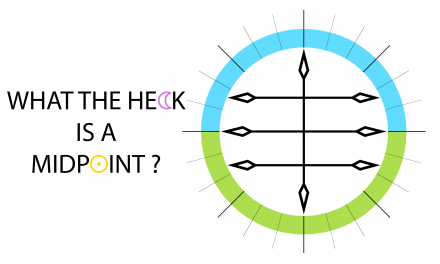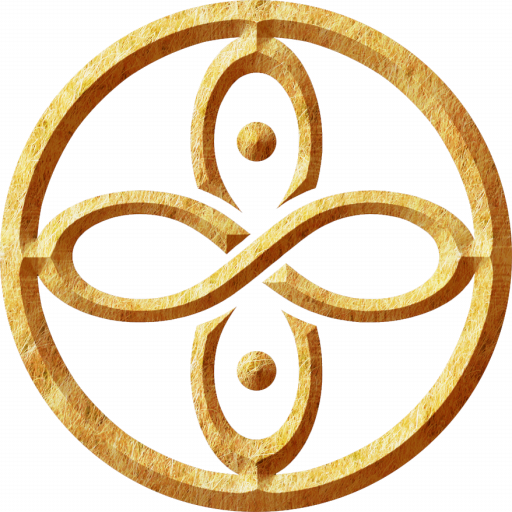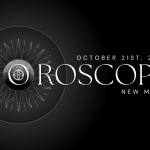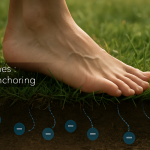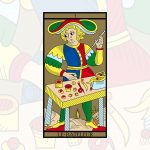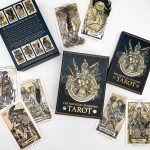In all objectivity, I believe it is not an exaggeration to say that astromancy is the poor relation of personal development. Why consult an astromancer? What’s the purpose of astromancy? As a practitioner of both divinatory arts and personal development for nearly two decades now, the perspective I’ve gained allows me to highlight the following: we currently view astromancy (or tarot, numerology, and other oracular arts) much like visiting a healthcare professional. No one would book an appointment with their doctor just to smilingly announce, seated in front of their desk, that they’re doing perfectly fine with no issues. That would seem absurd—unless it’s the wording that’s misleading. Saying, “I have no problems, thank you,” is essentially declining the professional’s services. So why go see them at all? On the other hand, “I have no problems and I’d like to keep it that way” would be a more suitable phrasing.
In our part of the world, a doctor is like a mechanic to whom we bring our vehicle only when repairs are needed, never for regular maintenance to avoid breakdowns. Yet, in many other regions, doctors are consulted precisely to help maintain health rather than to restore it. In China, it’s common to say that consulting a doctor once you’re already sick is too late! If a doctor’s patient falls ill, the doctor would then be expected to treat them for free, as they have failed to properly perform their paid duty of keeping the patient healthy.
Similarly, we consult astromancers for similar reasons. We’ve lost our job, our relationship has ended, we face serious illness, our finances are dwindling dangerously… In the distress these situations create, we panic, lose our bearings, and the only solution we can think of is to seek out the “village sorcerer” to get us out of trouble—or bluntly put, to comfort or reassure us. Thus, the practitioner’s skills are reduced to placing bandages on wooden legs. Could we consider these consultations proactively rather than reactively?
WHAT ASTROMANCY CAN DO
To find the right reasons to consult, it’s essential to understand what the art practiced by the professional can accomplish. We visit a baker for bread, a hairstylist for highlights. We wouldn’t ask a baker for a balayage nor a stylist for a Paris-Brest pastry. Yet, many clients ask precisely such things of their astromancer. “I’m unemployed; what should I do to find a job? […] My husband left, and I want him back. […] I’ve been diagnosed with a tumor in my left breast; will I die? […] I’m completely lost professionally, and I’m too old for a career change.” These are just a few examples of what I’ve heard this very week. Behind each statement, I hear distress, a call for help. I understand their approach, but they’re asking me to do something outside my expertise: I’m no magician, I perform no miracles. I state what is; I don’t alter reality.
I’ve practiced astromancy since childhood alongside Tarot, geomancy, and mediumship. I explored its various branches without hesitation: tropical, sidereal, astral, Vedic, ancient, Arabic, Egyptian, karmic, psychological, humanistic, horary—and obviously Uranian. The premise in each tradition remains consistent: as above, so below. By observing what planets “are” and “do,” we observe what individuals “are” and “do.” It’s a mirror at varying scales, an exploration into the esoteric DNA of beings through an exoteric reading of their world. This method allows a faithful portrayal of each individual’s qualities, flaws, strengths, weaknesses, character, desires, fears, needs, past, present, future, ideal life path, career aspirations, romantic passions, financial fluctuations, relational obstacles—everything. But what’s the point? Couldn’t simple objectivity about ourselves suffice? Perhaps. But can we genuinely achieve that alone? Have you ever felt that thrill when a practitioner, knowing nothing about you, begins to describe you in detail, offering highly specific and accurate insights impossible to guess, making you feel suddenly understood by someone else? That sense of connection cultivates gratitude for the encounter occurring at that very moment. We crave connection, recognition, understanding—and as we’re unable to fully satisfy this ourselves, we seek out practitioners.
Through astromancy, we can observe ourselves from outside, seeing through another’s eyes who can objectively reflect us without subjective bias, narrating us without distortion. It’s entirely natural that we’re incapable of doing this alone. During a practitioner’s reading, obvious truths, evident obstacles, or potential successes appear. The astromancer serves as a mirror, reflecting back to the consultant a pure, simple outline highlighting the essentials and nothing more.
“I’m unemployed; what should I do to find a job?” Had you consulted an astromancer when things were good, you could have been warned about the impending job loss. Today, an astromancer can’t help; employment agencies are your best bet!
“My husband left, and I want him back.” Again, an astromancer might have anticipated this event, possibly allowing preventive measures. Now, resolving this is between you and your husband.
“I’ve been diagnosed with a tumor in my left breast; will I die?” It’s always essential to reiterate: an astromancer isn’t a doctor. Your oncologist is better suited to advise and support you.
“I’m completely lost professionally, and I’m too old for a career change.” A consultation beforehand could have identified the right path immediately. If you now think it’s too late, how can an astromancer help?
Let’s clearly understand: astromancy is a wonderful means of self-awareness, but above all, it’s the ultimate tool for ANTICIPATION! Anticipation prepares us, lets us foresee challenges, stockpile “resources” for difficult times, and guides us onto the correct path. It’s a prophylaxis of the soul. Consulting when things have already gone wrong is like putting on your seatbelt after crashing—pointless except to comfort oneself. But comforting isn’t an astromancer’s job. A candid practice will never provide mere reassurance, because again, the practitioner’s role is to state reality—and nothing else.
SO, WHEN SHOULD WE CONSULT?
Consult when things are good. Got a new job? Let’s see if it’s a good fit and sustainable. Just met someone special? An analysis of your astrological charts will show the potential journey together. Feeling healthy? Let’s check upcoming periods of vulnerability to anticipate and prevent illness. Have other questions? Ask yourself if they help anticipate future actions or situations or if they solely seek reassurance. If the latter—I’ll still accept your consultation. It just won’t be at my computer but rather over a comforting cup of tea, chatting like two friends to help you feel reassured. Then, I’ll become the practitioner you’re hoping for—but that the astromancer inherently is not.

